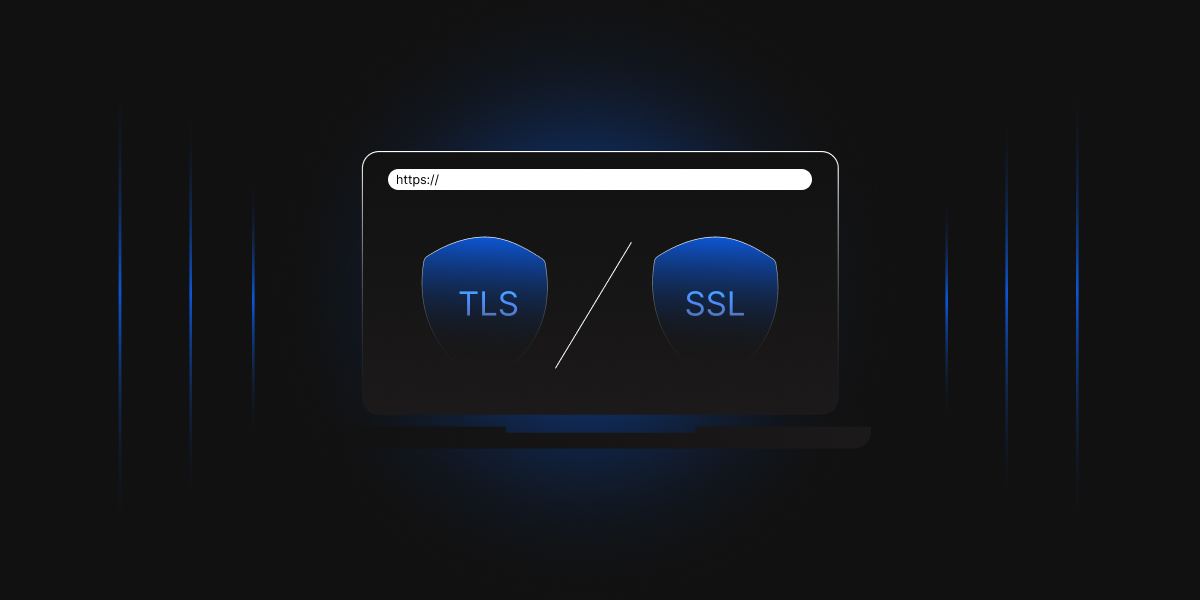Did you know that only 46% of organizations secured all their digital certificates and keys?
As the data suggests, organizations need to secure all their digital certificates. On the contrary, there is immense hype around Google’s push to reduce TLS certificate lifespans to 90 days. Hence, it will significantly impact organizations needing to secure digital certificates. However, this move by Google must be ratified by the Certificate Authority/Browser (CA/B) Forum. All of these raise concerns about the impact and influence of the CA/B Forum.
What is CA/Browser Forum, and Why is it Important?
This Forum was founded in 2005 and comprises CAs and Browsers that use certificates for authentication. However, that focus has changed drastically over time, and now there are two major groups within the CA/B Forum: certificate issuers and their certificate consumers.
Hence, it can be considered a voluntary organization of Certificate Authorities (CAs), vendors of internet browser software, and other application suppliers that use X.509 digital certificates for SSL/TLS and code signing.
From its inception, the Forum has been responsible for defining standards for the CA industry based on best practices. These standards, often called Baseline Requirements, are procedural and technical policies that all public CAs, whether members or not, must adhere to.
These standards typically improve how SSL/TLS certificates are used, benefiting internet users while securing their communications.
What is an X.509 certificate?
An X.509 certificate is immensely significant regarding the security of online environments. It acts as a digital certificate conforming to the universally accepted ITU X.509 standard.
This standard defines the format and structure of public key certificates. The X.509 certificates are pivotal in identity management while ensuring security.
The strength of the X.509 certificate lies in its architecture, which utilizes a key pair composed of a public and a private key. This cryptography mechanism encrypts messages using the key pair, ensuring the sender’s authenticity and the confidentiality of the transmitted information.
Importance of X.509 Certificates
Did you know that 49% of organizations faced security incidents due to a CA compromise?
The data shows the importance of efficient certificate management in mitigating the risks of security incidents. The primary application of X.509-based Public Key Infrastructure (PKI) is observed in TLS and SSL protocols, which form the foundation of secure web browsing through the widely standardized HTTPS protocol.
Moreover, the versatility of the X.509 protocol extends beyond web security and digital signatures, encompassing code signing for application security along with various critical internet protocols.
Recent changes for TLS Certificates
SSL/TLS 1.0
Previously, SSL certificates could be issued for a period of five years. This was subsequently reduced to three years and, most recently, to two years plus an extra three months. However, in 2020, Apple, Google, and Mozilla announced they would enforce one-year SSL certificates despite this particular proposal being voted down by the CA/B forum. This took effect in September 2020.
TLS v1.1
TLS 1.1 was specified in RFC4346 in April 2006. It was an upgrade to the TLS 1.0 version and ideal protection against Cipher-Block Chaining (CBC) attacks. TLS 1.1 supports the IANA registration parameters.
TLS v1.2
TLS 1.2, specified in RFC5246 in August 2008, is a modern authenticated encryption protocol. At present, the TLS 1.2 version is believed and accepted to be free from attack.
TLS v1.3
The most important change in the server certificate working group is the official recognition of a distinction between short-lived and long-lived TLS certificates. In the past, this separation was not very apparent. However, the CA/B Forum recognizes any TLS certificate valid for ten days or less to be short-lived and subject to different requirements.
This recommendation is to be enforced in 2024. By 2026, the lifespan of the TLS certificate can be further reduced to 7 days or less. This distinction does not greatly impact long-lived TLS certificates that will still need CRLs.
However, this distinction will impact short-lived TLS certificates. Because of the large volume associated with these certificates, there will be no revocation. Hence, for TLS certificates with a lifespan of seven days or less, you will not need to attach any revocation information.
This means the CA will no longer be required to revoke short-lived certificates. Another critical change enforced by 2024 is that the OCSP will become optional for short-lived certificates.
Conclusion
From the above, it can be concluded that digital certificates must be secured in this rapidly evolving digital security era. With an alarming 49% rate of organizations’ security outages due to CA compromise and the recent push of Google towards shortening the lifespans of TLS certificates, the management of complex digital certificate lifecycle is more crucial than ever.
CertSecure Manager can be considered the best solution that streamlines your certificate lifecycle management process while ensuring compliance with evolving standards. Hence, through CertSecure Manager, organizations can strengthen their security posture while mitigating the risks associated with key and certificate management.




